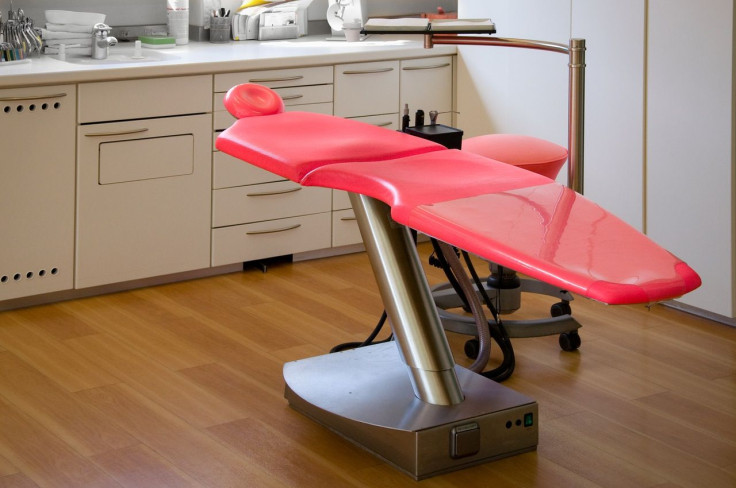4 Tips To Help You Get Through Painful Medical Procedures

No one likes going to the doctor, especially when we know the visit is going to result in a medical procedure that is very likely painful, no matter how necessary it is. Luckily, there are many things you can do to help yourself or those around you deal with painful medical procedures. Here are few ideas to get you started.
The More You Know
This might be the simplest and most effective way to deal with painful medical procedures. Spend some time doing your own research as well as speaking to your doctors and nurses about your surgery. Having more information is a great way to help reduce the anxiety you feel before a medical procedure. Studies have found that high levels of anxiety can cause more pain, as well as have problems with anesthesia.
A bit of pre-procedure anxiety is to be expected, but taking steps to reduce it can make it a lot easier to deal with an upcoming procedure.
Talk With Your Doctor
Post-procedure pain management is one of the biggest parts of planning a medical procedure, so make it a point to discuss it with your doctor. Make sure you have information about:
- Allergies: if you’re allergic to any painkillers, your doctor will need to know so they can plan accordingly.
- Previous painkiller usage and successes: While the doctor has the prescription pad, you have firsthand knowledge about what works best for you.
Proper pain management can help facilitate healing. If you’re experiencing high amounts of pain, it makes it harder to heal. With that in mind, if your pain management doesn’t seem to be working, make sure you reach out to your doctor so it can be adjusted.
Sleep Through It
For some procedures, sedation is the anesthesia of choice. For others, most medical professionals choose to rely on local anesthetics instead. Procedures like oral surgery or dentistry often give you the option to choose either/or. If you’re apprehensive about visiting the dentist, or your anxiety causes you to cancel appointments rather than keeping them, sedation dentistry might be the best choice for you.
Sedation dentistry is, in many respects, similar to the anesthesia you would receive under the care of a surgeon for a medical procedure. You will be sedated before the procedure begins to relax and will wake up after it is completed. In general, you will not be fully sedated or unconscious during the procedures. That kind of sedation requires the supervision of a licensed anesthesiologist to monitor vitals and adjust the medication as needed.
Stay Positive
This might sound kind of fluffy, but it is backed by science. Researchers in Toronto found that maintaining a positive attitude toward a medical procedure can actually have a beneficial effect on the recovery time. These researchers could see definitive improvements in pain, pain management and healing time in each of the study participants.
There are other health benefits to being positive, including improved health and increased longevity, so by adding a bit of positivity into your life can improve your overall outlook and help you deal with the stress of any upcoming medical procedures.
Medical procedures, even painful ones, aren’t something we can avoid forever. Instead of putting them off for fear of the pain or recovery time, take a few steps to make things more manageable. Pain is just another part of life, after all, so dealing with it and moving past it is a much better plan than worrying about it.
Just do as much research as you can, talk with your doctor and plan a good pain management system for after your procedure. Couple that with a positive attitude and you’ve got the recipe to help you deal with whatever procedure life throws your way.
Corinne Keating is a health writer and enthusiast. She loves a good read, a long run, and writing for her blog Why So Well.



























